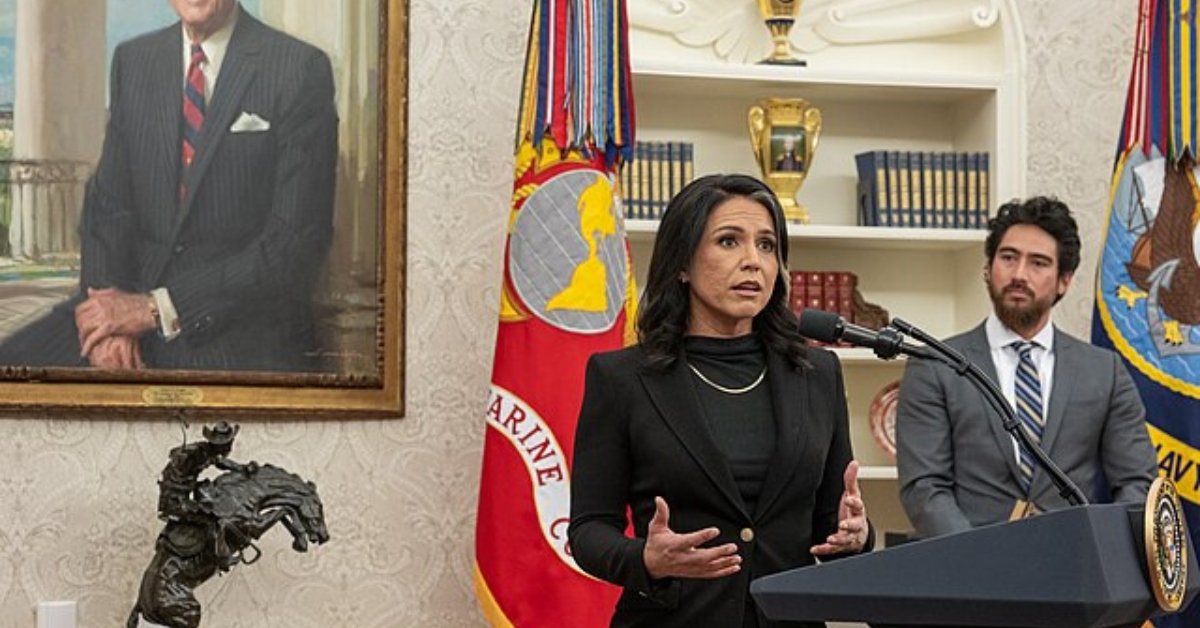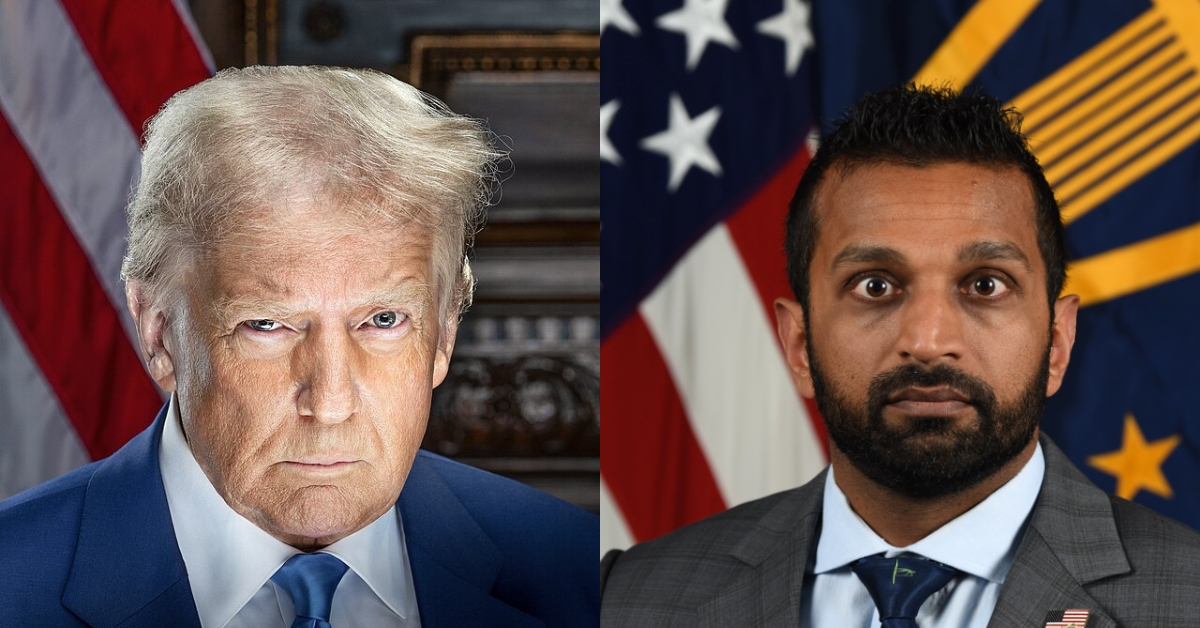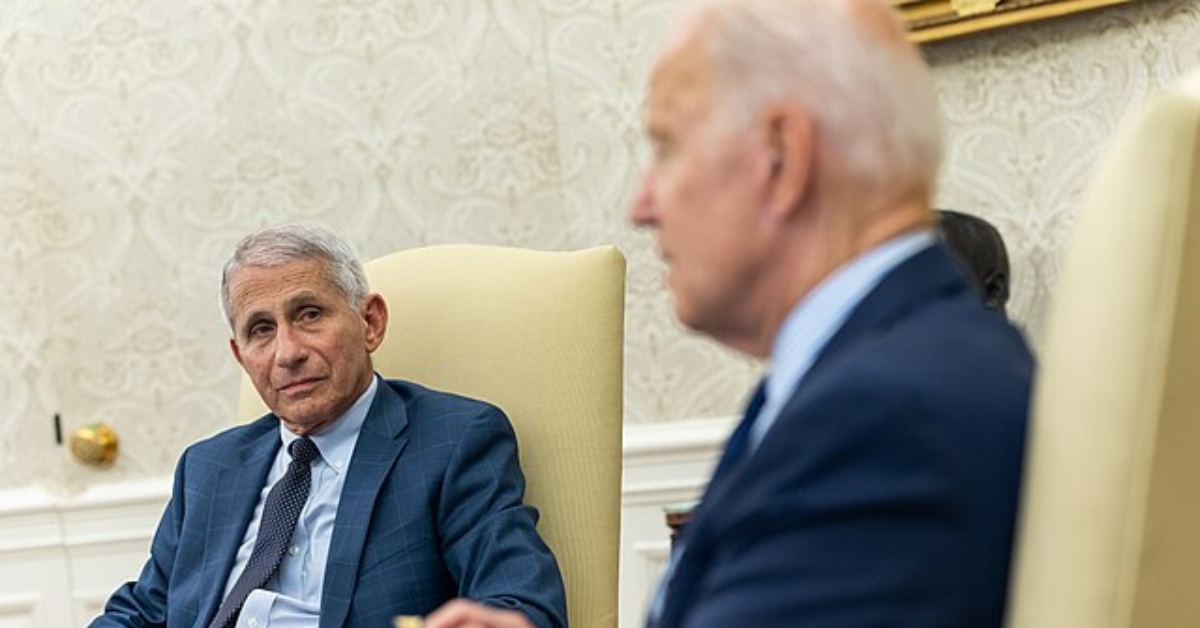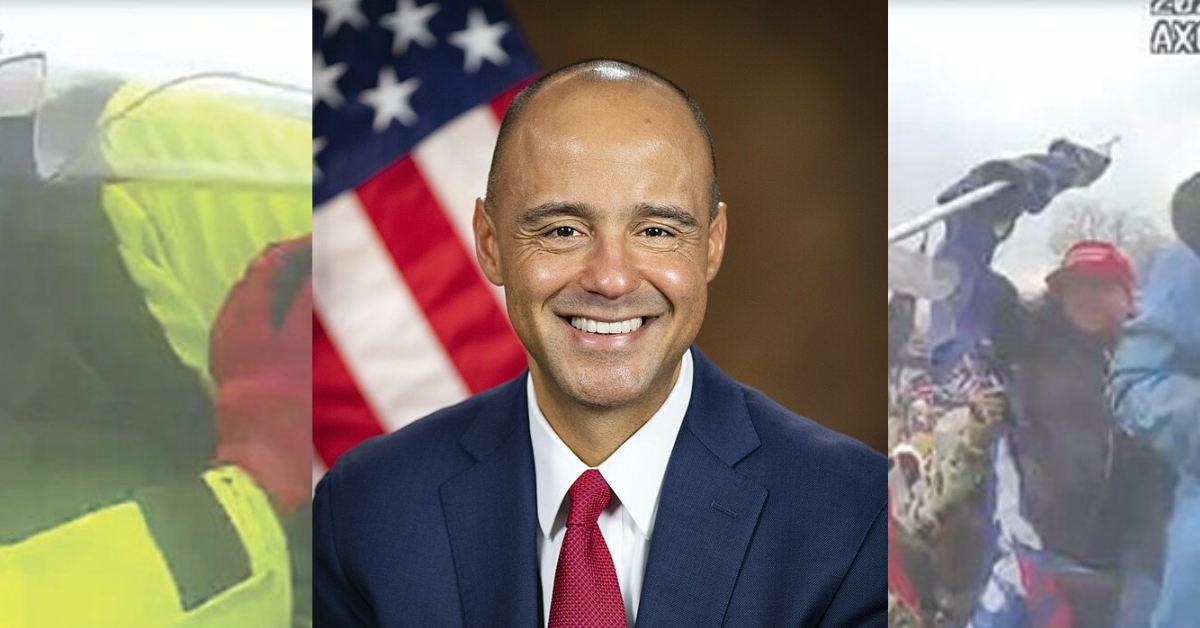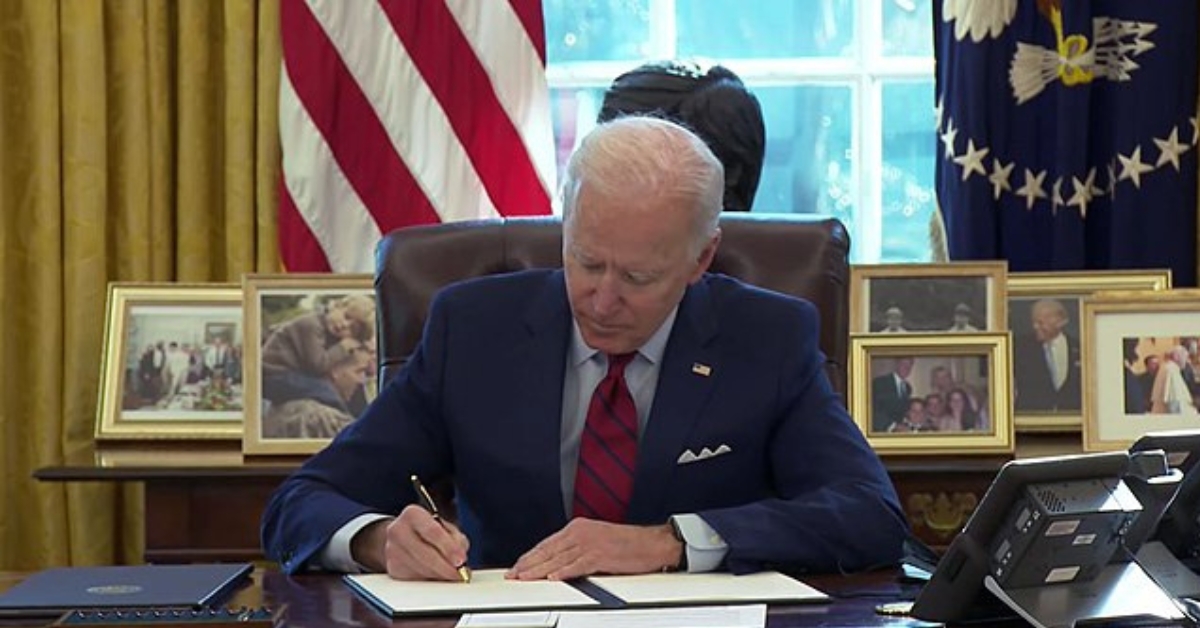
20 Attorneys General Ask Supreme Court to Hear Case About Homeless Encampments
Idaho Attorney General Raúl Labrador, a Republican, is leading a coalition of 20 states that are challenging a controversial decision made by the Ninth Circuit Court of Appeals in the case of Johnson v. City of Grants Pass. The attorneys general are asking the US Supreme Court to take up the case.
In Johnson v. City of Grants Pass, the Ninth Circuit Court controversially asserted that the Constitution allows individuals to sleep and camp on public property such as sidewalks and playgrounds. This ruling has had significant consequences for state and local governments and their ability and willingness to address the homelessness crisis.
The Ninth Circuit’s flawed ruling limited the authority of state and local governments to manage homeless encampments. A three-judge panel from the Ninth Circuit ruled that Grants Pass couldn’t enforce its ban on homeless individuals sleeping on public property. A similar ruling in Martin v. Boise had preceded Johnson v. City of Grants Pass, in which the Ninth Circuit declared that cities couldn’t charge someone with a crime or give them a ticket for sleeping in public spaces. Unfortunately, the Ninth Circuit has rejected appeals to the full Court in both cases.
This legal precedent has led to numerous problems for Western cities, including unregulated public encampments that have given rise to significant public health and safety issues. Cities have seen a resurgence of medieval diseases such as typhus, shigella, and trench fever within these encampments. Rats and fleas infest these areas, impacting nearby public buildings and residences. These camps have also created unsightly and unsanitary conditions on public pathways and playgrounds, contaminated with human waste, discarded needles, and other biohazards.
Attorney General Labrador and Montana Attorney General Austin Knudsen, also a Republican, are leading a coalition of attorneys general in urging the Supreme Court to review the Ninth Circuit’s decision. They argue that homelessness is a local issue, and the U.S. Constitution should leave such matters to state and local governments. These governments need the authority to protect their communities from the adverse public health and safety risks of increasing homelessness.
Labrador emphasized the importance of this issue by stating, “The five-year experiment of the Ninth Circuit must be halted. Federal courts should exercise restraint and avoid unnecessary interference in state-level affairs.” He further explained the impact of the ruling on Idaho, noting that the court has curtailed the authority of local governments in an activist manner, asserting an imagined constitutional right to housing on the streets.
The 20 attorneys general believe that the Supreme Court should take the case and rule in favor of state and local governments, allowing them to address homelessness effectively. If the Court chooses to take the case, its decision could have far-reaching implications for how the homelessness crisis is managed across the country.
